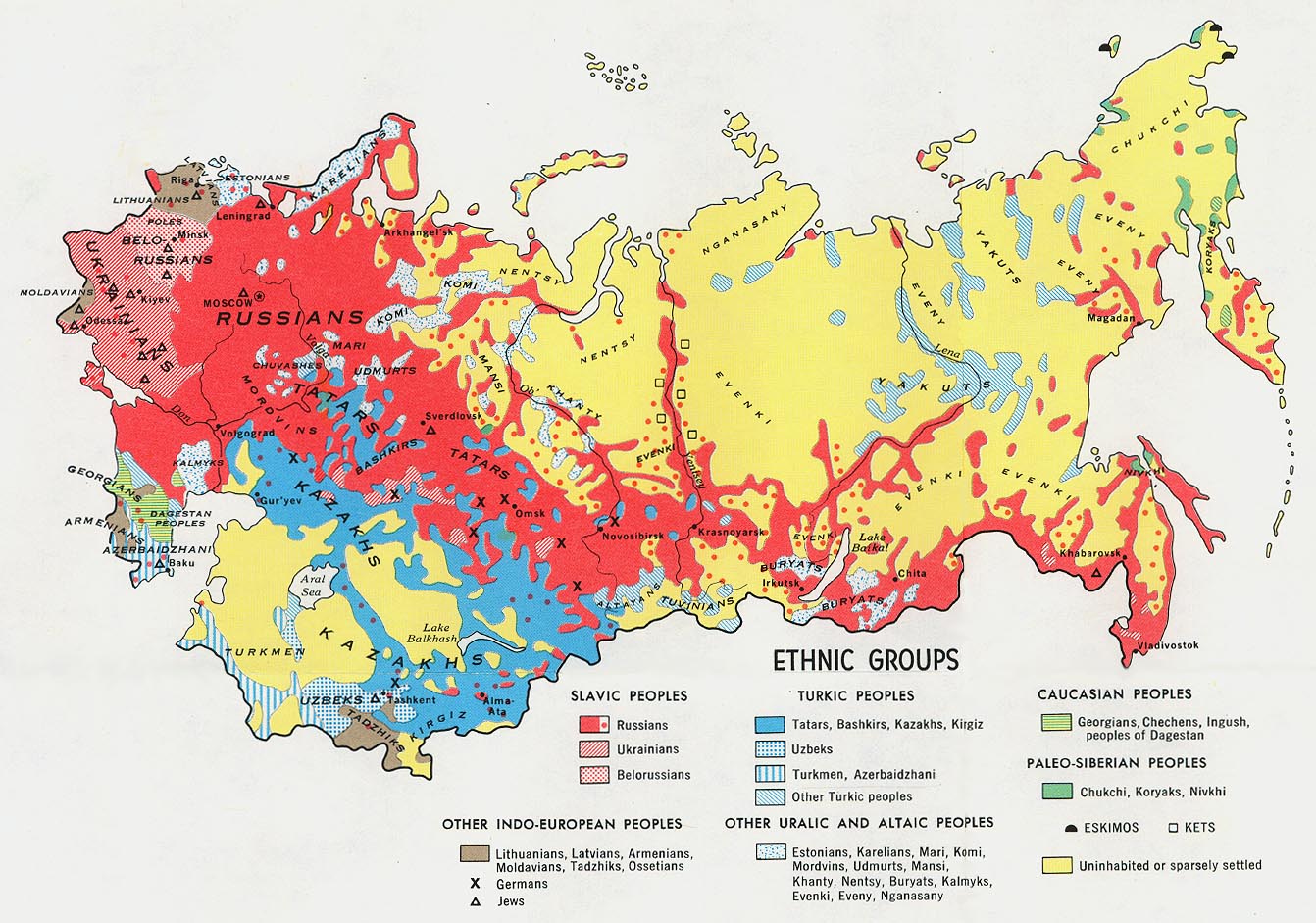Yes, OK. We get it. You guys have a big, powerful army and you aren’t afraid to use it.
 That’s meant to discourage eastern European countries – all of whom have less then pleasant memories of armies from Russia invading, looting, raping, pillaging and occupying them for the last several centuries – from looking to NATO for help and signing up to the proposed US missile defence shield how, exactly?
That’s meant to discourage eastern European countries – all of whom have less then pleasant memories of armies from Russia invading, looting, raping, pillaging and occupying them for the last several centuries – from looking to NATO for help and signing up to the proposed US missile defence shield how, exactly?
Sure enough, Poland’s now signed up to the American scheme.
But the thing is, by now surely it must be obvious to Moscow that the West is not a military threat? We can’t take down a bunch of beardy religious fanatics with AK-47s – what hope do we have against a million-man army that seems to like to test out its equipment at random every few years to stop it getting rusty? All the West’s managed to do in the last few days (and this goes for the US and NATO as much as the EU) is express mild disapproval while disagreeing on precisely what form the ineffective slap on the wrist should take.
So I’m beginning to think that Russia simply doesn’t care any more. The Georgian escapade was a classic bit of imperialist aggression dressed up as humanitarian intervention, and they’ve completely got away with it. Yes, it looks as though they may well have begun to withdraw from Georgian territory now, but the message to Russia’s neighbours (well, bar China, perhaps) is clear: if we want to, we can fuck you up – there’s nothing you can do about it, and your new buddies in the West aren’t going to be any help either.
Russia’s effectively declared herself rogue – not necessarily hostile rogue, but unpredictable rogue. Riggs to the West’s Murtaugh. She’s not prepared to follow the rules, barely bothers paying lip-service to them, and has an agenda all her own. The thing is, just like poor old Danny Glover as Murtaugh, we’ve really got no choice but to be partners with her, and hope that she mellows with time. Because something we’ve all known for years is becoming increasingly obvious – there’s not a lot we can do to change Russia’s course.
—
A related aside – worth developing further sometime – is the idea that Russia (much like the EU, in fact) is still trying to work out what it is for in a post-Cold War world. The old federation that was the Soviet Union has already splintered. The Russian Federation is similarly vast, similarly packed with diverse peoples and cultures – with 27 officially-recognised languages within its borders. But why?
 What purpose does “Russia” serve? Why shouldn’t the Chechens follow the Khazaks, Estonians and Ukrainians to independence? Why shouldn’t the Chuckchis, Yakuts, Buryats, Adyghes, Kalmyks, Chuvash, Karachays, Balkars, Ingush, Khakas, Komi, Udmurts, Nenets, Khants, Tatars, Mari, Mansi or any of the other federalised subgroups?
What purpose does “Russia” serve? Why shouldn’t the Chechens follow the Khazaks, Estonians and Ukrainians to independence? Why shouldn’t the Chuckchis, Yakuts, Buryats, Adyghes, Kalmyks, Chuvash, Karachays, Balkars, Ingush, Khakas, Komi, Udmurts, Nenets, Khants, Tatars, Mari, Mansi or any of the other federalised subgroups?
Just as I’ve long been asking what the EU’s for now that the original idea seems obsolete, Russia has been asking itself the same question. Without the binding ideology of communism for the elites (and fear for those beneath), what has been holding what remains of the Soviet Union together? As the Baltic states of Latvia, Lithuania and Estonia begin to thrive as part of the EU, as former Soviet territories like Georgia and Ukraine look to NATO membership and cozy up to the West – not to mention the old Russian Imperial territory of Finland (sitting pretty with the 12th highest GDP per capita in the world), what’s to prevent other parts of the Russian empire deciding that they’ve had enough?
Well, where the EU’s going for aspiration, after the brutally over-the-top actions of the Russian military in Georgia over the last week (and even more so in the Chechen wars – the second of which has technically been running for nearly a decade now), it’s hard not to see a return to federalism by fear. It’s a fine Russian tradition. Indeed, fear and repression are pretty much the only reason the old Russian Empire managed to hold itself together for so many years. Democracy in Russia has not been enough – opposition parties are still so under-supported as to be laughable. Authoritarian-seeming Putin, unafraid to act and act fast – remains Russia’s most popular leader since, erm… Stalin.
And so, it seems, we may be entering a new phase of Russian Imperialism:
“”It is clear that we need the kind of idea for which one will not be sorry to give one’s life. And the building of civil society, of the rule of law, of a prosperous society we find uninteresting. Indeed, we would rather squander everything and end our lives with suicide, than scrupulously count the credit and the debit, invest, corporatize, organize on cooperative lines, and so on. We find that tedious. We would rather try to absorb the enormous spaces of Siberia and the Far East, so that the islands of the Pacific Ocean become indigenously ours, we will fight for centuries with Europe for the Baltic States, and with Turkey for the Dardanelles – that is our way.”
(Original here, for those who can read Estonian…)

12 Comments
Leave a reply →